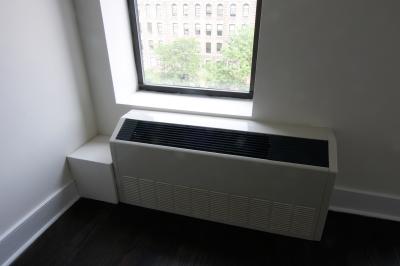A vehicle's radiator helps to keep the engine from overheating. It contains a mixture of water and coolant, and if it is cracked, your car can break down. A bad radiator can also lead to engine damage. Several things can cause a cracked radiator.

Rust can destroy the metal in the radiator, causing a crack. Car radiators are prone to rust because they hold water and are usually at least partly metal.

The radiator has a thermostat that helps to regulate the amount of fluid used to balance the engine temperature. A faulty thermostat can cause overheating or high coolant pressure inside the radiator, leading to a crack.

A leaking head gasket can cause overheating or high coolant pressure, resulting in a crack.
HeatSummer heat makes it more difficult for the radiator to be cooled by outside air. Not maintaining the radiator fluid can lead to overheating and a cracked radiator.

Frigid winter temperatures can lead to a cracked radiator. If you don't maintain the radiator fluid properly, it can freeze and expand inside the tank, causing small fissures to become a crack.
